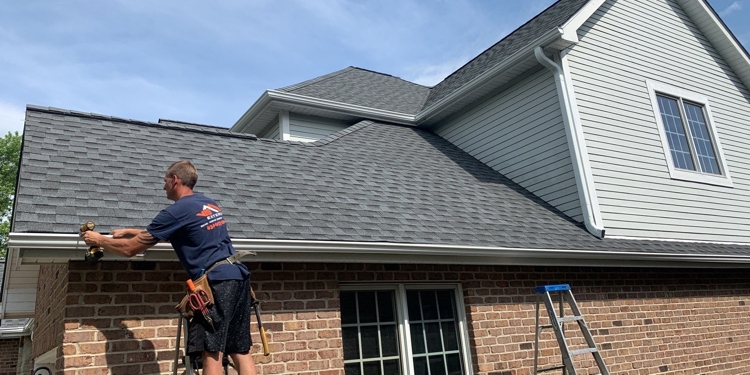Grief is a profound aspect of the human experience, and funerals play a crucial role in supporting this emotional journey. They provide a structured setting where family and friends can come together to honor the life of a loved one while facing their feelings of loss. This communal act helps individuals acknowledge their grief and fosters connections among attendees.

The Role of Rituals in Grief Processing
Rituals serve as a vital component of funerals, offering individuals a framework for processing grief. These ceremonies typically incorporate traditions that honor the deceased and provide attendees with a structured way to express their emotions. The familiar components of a funeral, such as eulogies, readings, and songs, contribute to the collective mourning experience. Participants may find solace in the repetitive nature of these rituals, allowing them to confront their sadness openly.
Sharing memories of the deceased during the ceremony encourages storytelling, which deepens connections among mourners. Such interactions facilitate the normalization of grief, making it easier for individuals to express their feelings.
Utilizing Resources for Grief Management
Understanding that grief doesn’t end with the funeral is essential. Many individuals benefit from continued support and resources as they navigate their emotional journey. Engaging with these resources can provide opportunities for individuals to connect with others experiencing similar losses.
Having access to professional guidance can enhance well-being and foster a better understanding of the complex emotions involved in grief. It is important to remember that healing is not linear and can manifest uniquely for each person. Embracing available resources ultimately encourages individuals to seek the support they need and aids in the ongoing process of healing as they continue to remember their loved ones.
Fostering Connection and Community Support
Funerals create opportunities for connection among attendees, reinforcing social ties that are often strained during moments of deep sorrow. Gatherings around a shared loss allow people to interact with others who understand their grief. This shared experience fosters an environment where emotional support can flourish. As friends and family come together to remember the deceased, they comfort one another, bridging any gaps that may have formed due to time or distance.
Conversations sparked by memories can strengthen relationships and even initiate new ones among those who may not know each other well. The unifying aspect of a funeral lays the groundwork for ongoing support networks as attendees face their grief in the weeks and months following the loss. The bonds formed during these gatherings can serve as a crucial resource for healing.
The Importance of Acknowledging Loss
Acknowledging loss is a vital step in the grieving process, and funerals play a pivotal role in facilitating this acknowledgment. They create a designated time and space for mourners to confront their emotions, allowing for expressions of sadness, regret, or even anger. This visibility of grief helps to validate feelings that may be difficult to articulate otherwise. Funerals prompt individuals to reflect on their memories with the deceased, fostering a range of emotions that are integral to the healing journey.
The collective mourning during these events affirms that grief is a shared experience; attendees are reminded that they are not alone in their feelings of loss. By openly addressing sadness, funerals encourage individuals to seek help and support from loved ones rather than isolating themselves in their grief.
Celebrating Life through Remembrance
In addition to mourning, funerals often provide a platform for celebrating the life of the deceased. This celebration can take many forms, including sharing personal stories, showcasing the deceased’s passions, or even engaging in traditions that reflect their values. Honoring a loved one in this manner allows attendees to shift the focus from sorrow to reflection on positive memories. Professional Funeral home services can help guide families through this process with compassion and expertise. These services ensure that each ceremony is personalized and meaningful, supporting both emotional healing and the celebration of a unique life.
Such celebrations can serve as a powerful catalyst for healing, reminding mourners of the joys their loved ones brought into their lives. Incorporating personal elements into the ceremony enhances the meaning and fosters a sense of connection to the deceased.
The Potential for Renewal
Engaging with grief through funerals can ultimately lead to personal renewal. The act of commemorating a loved one creates an opportunity for reflection and reassessment of one’s life priorities. Attendees may emerge from the experience with a renewed perspective on the teachings or values of the deceased, prompting a reevaluation of their paths.
The support gathered within the community during the funeral experience can act as a catalyst for change as individuals discuss their experiences and support one another in moving forward. The rite of passage that funerals represent allows individuals to embrace change while honoring their past.
Each funeral represents a significant moment in the journey of grief, connection, and renewal. As individuals gather to remember their loved ones, they open the door for deep emotional processing, community support, and transformative change. Through traditions, shared memories, and communal mourning, funerals hold powerful potential for healing during times of loss.





